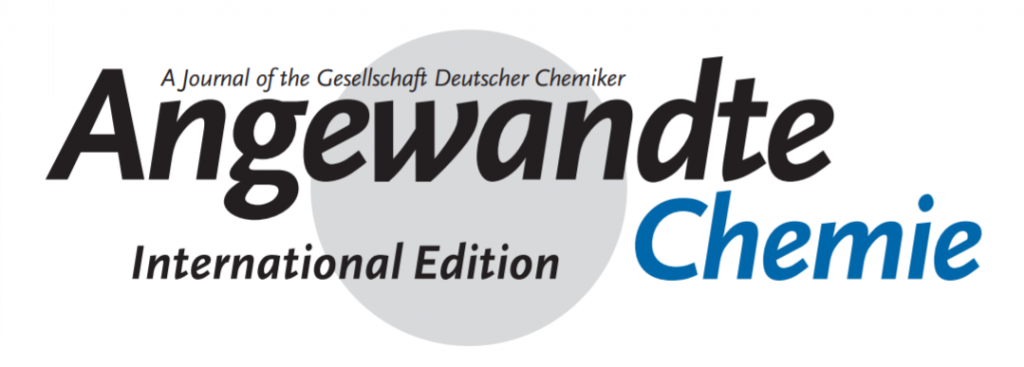
The authors of a paper that some critics have labeled white supremacy in academic robes say they will be retracting the article because some of the data they’d used for their analysis were “highly questionable.”
The January 2020 article, from a group led by Cory Clark, of Heterodox Academy and New York University, was titled “Declines in religiosity predict increases in violent crime—but not among countries with relatively high average IQ.”
Appearing in Psychological Science, the flagship publication of the Association for Psychological Science, the paper argued that:
Continue reading Authors of article on IQ, religiosity and crime retract it to do “a level of vetting we should have done before submitting”






